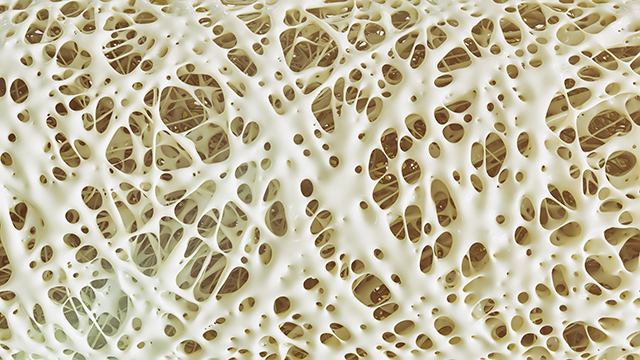The healing potential of music therapy in pain relief in cancer patients
10/04/2018 / By Michelle Simmons

Cancer patients suffer from physical pain, emotional pain, and even social suffering. In order to improve the lives of cancer patients, some undergo music therapy. Research has shown that music therapy has the potential to relieve pain in cancer patients. A study review published in the Cochrane Database of Systematic Reviews confirmed that music therapy and music interventions improve pain, anxiety, fatigue, and overall quality of life of people with cancer.
For the study review, researchers from Drexel University, Temple University, and New York University in the U.S. examined and compared the effects of music therapy and music medicine interventions on the psychological and physical health of cancer patients. The researchers reviewed 52 trials with a total of 3,731 participants. They included music therapy interventions offered by trained music therapists, as well as music interventions such as listening to pre-recorded music.
The findings of the review suggested that music therapy not only relieves pain but also anxiety, fatigue, and depression. In addition, music therapy improved the quality of life of people with cancer. Furthermore, the findings indicated that music may improve heart rate, respiratory rate, and blood pressure of cancer patients. (Related: Music Therapy Shows Promise in Treating High Blood Pressure.)
Cancer patients who receive music therapy do not only gain relaxation from it but also receive emotional and spiritual support and support communication with loved ones. Listening to music also improves their sense of control and physical well-being.
After comparing the effects of music therapy and music medicine interventions, music therapy resulted in more consistent benefits than music medicine. This may be because music therapists meet the individual needs of patients through music interventions instead of offering a few choices of pre-recorded music that may not be suitable for all patients. Moreover, cancer patients who received both interventions preferred music therapy sessions because they were given individual attention and care. Music therapy also gave them the chance to make music and express their emotions through singing and playing instruments.
Based on their findings, the researchers concluded that music therapy may serve as a complementary treatment in cancer patients.
Other benefits of music therapy
Music therapy is more than just listening to music. It also involves making music and writing songs. Moreover, one does not need to be a musical genius to benefit from music therapy. Music therapy does not only benefit cancer patients. Many studies have shown that music therapy improves the well-being of patients with different medical conditions. Here are some of them:
- Autism – Research has shown that music therapy improves the communication skills in children with autism spectrum disorder.
- Patients with depression – Research shows that music therapy may help some patients ward off depression. In a study review, it was revealed that patients who received music therapy experienced improvements in depression symptoms than those who did not receive music therapy. The patients experienced the greatest benefits when therapists conducted theory-based music therapy techniques, such as painting to music and improvised singing.
- People with coronary heart disease – A report published in 2009 revealed that coronary heart disease patients, who also have severe stress and anxiety, experienced improvement in blood pressure, heart rate, respiratory rate, and pain when they received music therapy.
- Pregnant women – Pregnant women tend to get stressed because of their hormones. In a study of 236 healthy pregnant women, those who received music therapy experienced stress relief during pregnancy. It also reduced their anxiety and depression.
Read more news stories and studies on natural therapies like music therapy by going to Naturopathy.news.
Sources include:
Tagged Under: cancer patients, music, music therapy, pain management, pain relief, therapies



















